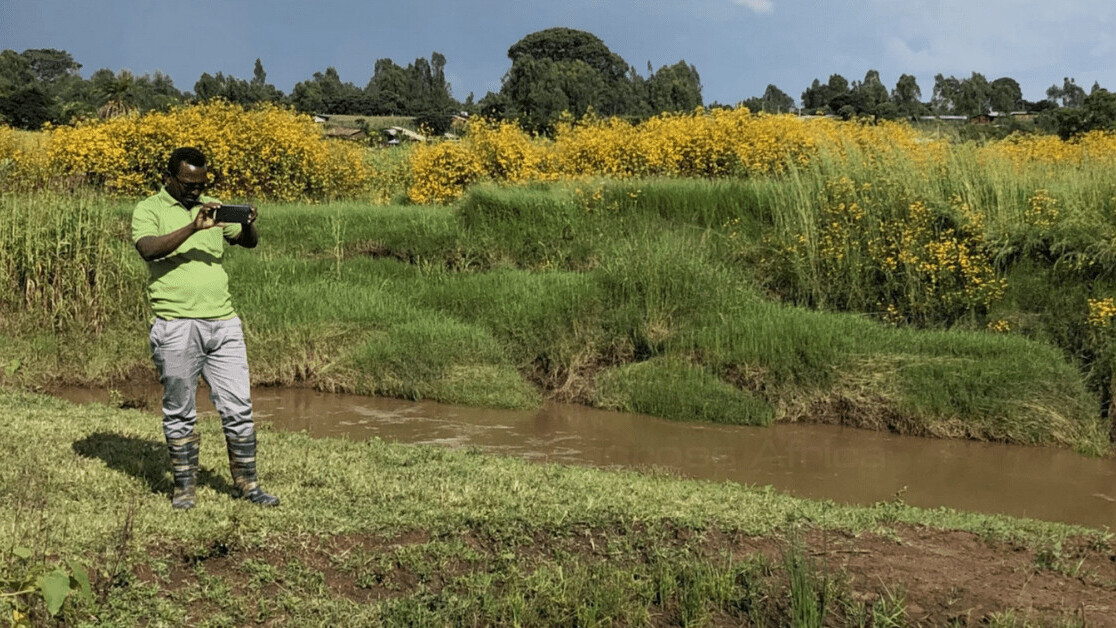
Nearly half the world’s population is at risk of malaria. The World Health Organization estimates that the disease killed more than 400,000 people in 2019.
A startup called ZzappMalaria hopes to shrink these numbers by targetting the mosquitoes that transmit the infection.
The company’s tech focuses on larviciding, a method of treating the water bodies in which the insects breed.
In conventional operations, fieldworkers can easily miss some of the vast quantities of water they need to larvicide.
ZzappMalaria’s mobile app uses AI to make their work easier.
[Read: How Polestar is using blockchain to increase transparency]
The system uses a neural network to extract locations of houses from satellite images, pinpointing where the affected populations live.
It then analyzes topography, radar data, and multispectral satellite imagery to create a heatmap of water body probabilities.

The app then allocates areas to workers and guides them in the field. It also uploads the data to a dashboard so managers can monitor operations in real-time.
ZzappMalaria CEO Arnon Houri-Yafin told TNW how it works in practice:
The insights are very actionable: which areas to scan for water bodies, which water bodies to sample, and which houses to spray. Essentially, they take the guesswork out of any elimination campaign and help focus resources exactly where they are needed the most, significantly lowering man-hours and larviciding costs.
He said that even inexperienced workers who use the app can find over 90% of the water that they need to treat to eliminate the disease:
It is also interesting to see that the elimination campaign has proven to be cheaper than the current leading malaria intervention — high coverage of bed net distribution. Bed nets are considered one of the most cost-effective ways of saving lives, and we hope to soon show that we can do even better with the help of the AI-driven app.

The company has worked with experts on the ground to develop the tech.
Dr Abebe Asale from ICIPE (the International Centre of Insect Physiology and Ecology) said the solution has simplified the work:
In an operation in the Amhara region in 2019, we located all of the water bodies, which is usually a great challenge. Fundamentally, the technology helped us in saving time and energy. It also helped us in prioritizing severely affected villages.
ZzappMalaria is currently conducting an operation in Ghana that covers over 200,000 people. It’s also collaborating on an upcoming larviciding task in Zanzibar involving drones.
The company was recently picked as one of three finalists for the IBM Watson XPRIZE “AI for Good” challenge.
IfZzappMalaria wins the $2.5 million grand prize, it will use the funds to extend its operations worldwide.
Get the TNW newsletter
Get the most important tech news in your inbox each week.




